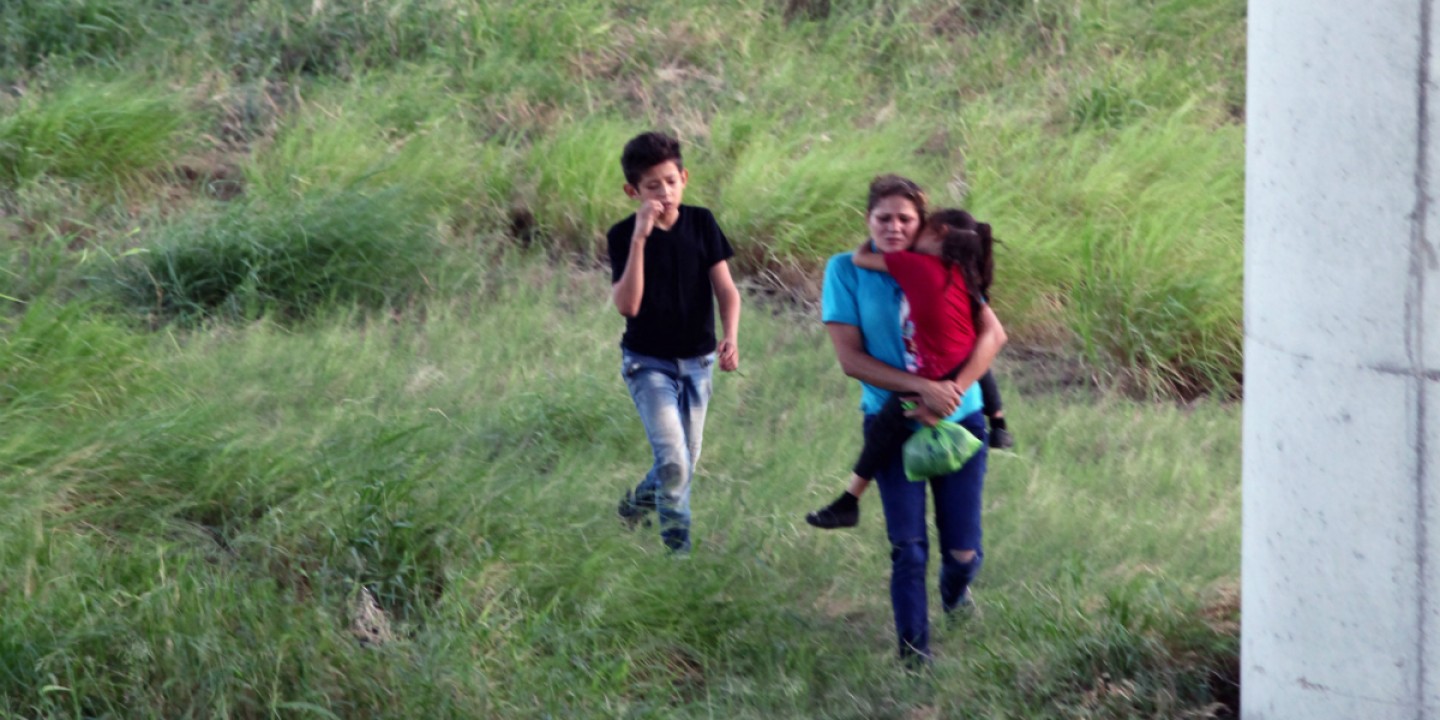Migrants are suffering. Will increased funding help?
A new funding law gives the Trump administration trust it hasn’t earned.

This month, Congress allocated $4.2 billion to address the humanitarian crisis for migrants in US custody. Some money will go to the Border Patrol, which operates the detention centers where preteens improvise diapers for sick toddlers and adults report being told to drink toilet water. Most of it, however, will go to the Department of Health and Human Services, which oversees the migrant shelters where people are eventually transferred.
Perhaps HHS will use the money to award another no-bid contract to Comprehensive Health Services. CHS is the only for-profit contractor that runs migrant shelters for children, and its facility in Homestead, Florida, is by far the system’s largest. The company is on track to take in its 500 millionth HHS dollar this fall, at a rate of $775 per day per child.
Read our latest issue or browse back issues.
Where does this money go? Not to English classes, legal aid, or recreation—HHS canceled these required services last month, citing budget constraints. And not to basic care: advocates who visited Homestead report unsanitary facilities, delays for medical treatment, a lack of translators, and general emotional neglect.
It appears that shareholders are getting paid, however. CHS’s parent company told potential investors last year that “border enforcement . . . is driving significant growth.” Evidently migrant detention is among the “certain sectors” the private equity firm behind the company touts for their “compelling growth opportunities.” Former Trump official John Kelly recently went on the board, joining other Washington luminaries in the cause of making child detention profitable.
Private contracts for detaining migrant children existed under the Obama administration as well, and we objected then (see our March 4, 2015, editorial, “Locking up kids”) both to the use of private firms and to the unnecessary policy of mass detention itself. But if the government is intent on incarcerating migrants, the least it can do is to meet basic standards for humane conditions.
While the Trump administration insists it would meet those standards if only it had the money, it’s hard to take the claim seriously. The reports coming out of Border Control detention centers reveal not just expensive problems like overcrowding but also trivially cheap ones like soap shortages. The border facilities and HHS shelters alike are also sites of dehumanizing treatment that isn’t about funding at all. It doesn’t save money to prohibit children from hugging each other. Keeping the lights on all night isn’t great for the power bill; it is, however, a reliable means of torture.
The new funding implicitly accepts the administration’s argument that the core problem is money. While some lawmakers tried to restrict new humanitarian funds from being reallocated for enforcement purposes, the bill that was enacted instead gives the executive branch considerable leeway.
But money alleviates human suffering only if that’s what officials choose to spend it on. There is little evidence that this is a priority in this administration. Indeed, administration officials have repeatedly indicated that making migrants suffer is much the point. The cruelty is the policy.
A version of this article appears in the print edition under the title “Dehumanizing migrants.”





